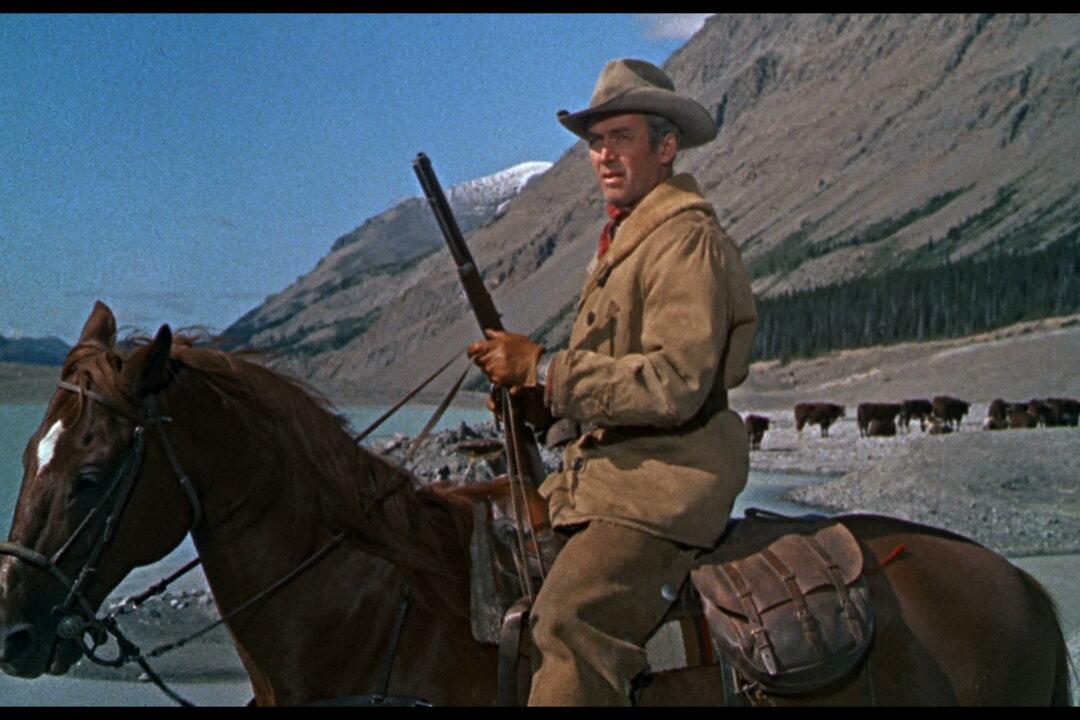NR | 1h 37m | Romance, Western | 1954
The eight-film collaboration between actor James Stewart and director Anthony Mann heralded Stewart as a Western star, beginning with 1950’s outstanding “Winchester ’73” and concluding with “The Man From Laramie.”






